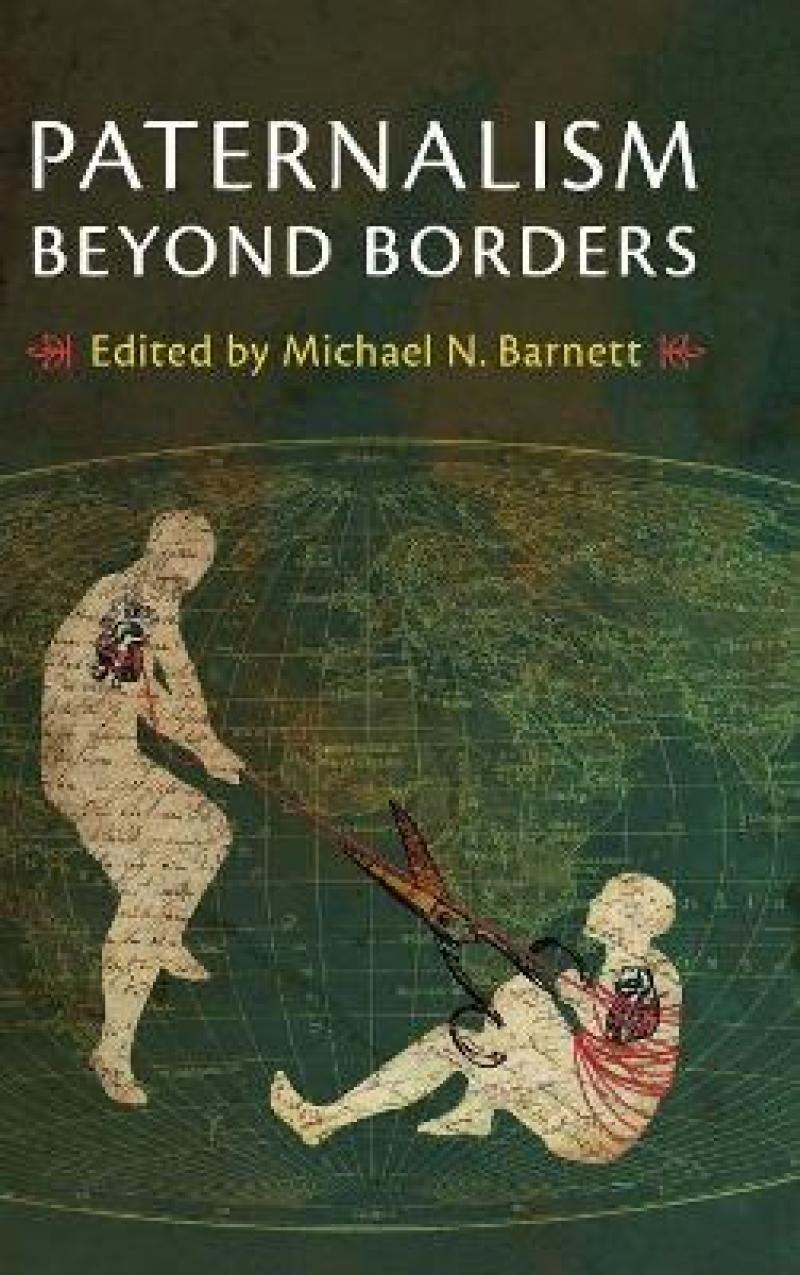Nearly all of those who want to make the world a better place are engaged in paternalism. This book asks how power is intertwined with practices of global compassion. It argues that the concept of paternalism illuminates how care and control are involved in the everyday practices of humanitarianism, human rights, development and other projects designed to improve the lives of others. The authors explore whether and how the paternalism of the nineteenth century differs from the paternalism of today, and offer a provocative look at the power in global ethics, raising the question of whether, when, and how paternalism can be justified.
Les mer
Acknowledgements; About the contributors; Part I. The Boundaries of Paternalism: 1. Only in the ballpark of paternalism: arrogance and liberty limitation in international humanitarian aid Henry S. Richardson; 2. Rethinking paternalism: the meaning of gender and sex in the politics of asylum Didier Fassin; Part II. Paternalism, Old and New: 3. Eurocentric pitfalls and paradoxes of international paternalism: decolonizing liberal humanitarianism 2.0 John M. Hobson; 4. The new international paternalism: international regimes David Chandler; Part III. The Social Relations of Paternalism: 5. Paternalism and peacebuilding: capacity, knowledge, and resistance in international intervention Séverine Autesserre; 6. Enabling or disabling paternalism: (in)attention to gender and women's knowledge, capacity and authority in humanitarian contexts Aisling Swaine; 7. The limits of consent: sex trafficking and the problem of international paternalism Sally Engle Merry and Vibhuti Ramachandran; 8. Modernity at the cutting edge: human rights meets FGM Stephen Hopgood; 9. Humanitarian refusals: Palestinian refugees and ethnographic perspectives on paternalism Ilana Feldman; Conclusion. The world according to paternalism Michael N. Barnett; Index.
Les mer
'We all want to end world poverty and misery. But who is this 'we,' and who put us in charge? This brilliant volume shows how the humanitarian movement, despite progress against the old racism and colonialism, remains too often oblivious to who has the power and who does not. As a result, it argues, paternalism is alive and well. The logic of humanitarian action can overwhelm the best of anti-paternalist intentions. The volume offers no easy answers but it will leave the reader with a greatly enriched understanding of the values of dignity and autonomy for every individual everywhere.' William Easterly, New York University
Les mer
This book asks how we understand the relationship between ethics and power in humanitarian action.
Produktdetaljer
ISBN
9781107176904
Publisert
2016-11-24
Utgiver
Vendor
Cambridge University Press
Vekt
630 gr
Høyde
235 mm
Bredde
157 mm
Dybde
23 mm
Aldersnivå
P, 06
Språk
Product language
Engelsk
Format
Product format
Innbundet
Antall sider
363
Redaktør
